Welcome to Year 3
In Year 3 children become increasingly independent however please continue to read together each evening. Pupils will have books and e-books to choose from.

Homework will be set on Mondays on Google Classrooms and will need to be submitted by Friday. The children will be set spellings and a Maths activity each week. In year 3 the children are also expected to complete sessions on TT Rockstars.
P.E. Please send your child’s PE kit into school on Mondays these will be returned for washing on Fridays.

If you would like to get in touch or have and questions, please feel free to send me a message on Class Dojo. You will also be notified when your child receives dojo points.
Please also keep an eye out for Year 3 on the Marlfields Blog: http://blog.marlfieldsprimary.co.uk/
Autumn Term in Year 3
This term we will learn about ‘The Stone Age through to the Iron Age’.
Welcome back to school! Below you will find an outline of our Curriculum for the Autumn Term
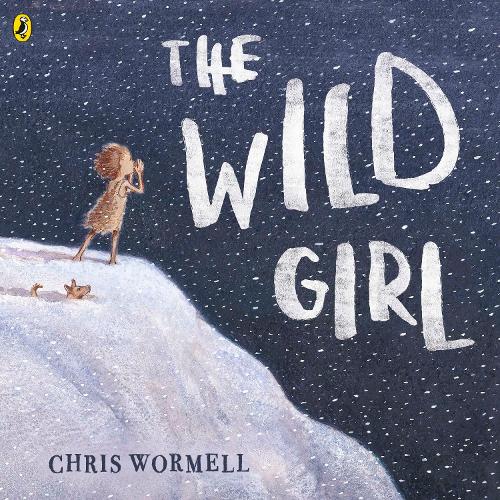 English:
English:
During this term, the children will be taking inspiration from a range of texts, including ‘Stone Age boy’, ‘The Boy who Grew Dragons’ and ‘The Wild Girl’. We will use both narrative and non-fiction writing genres to develop an ability to extend and improve sentence structure . We will concentrate on the full writing process from planning to final edits. Reading will support the writing process and encourage the children to explore words and phrases which capture the reader’s interest.
As well as consolidating and securing the grammar that the children have already been taught, we will begin to introduce the idea of organising our writing into paragraphs, use conjunctions to express time and begin to punctuate direct speech using inverted commas.
Spelling this term will focus on homophones, Year 3 spelling words. In some cases pupils will have individualised spelling lists focusing on the sounds taught during ‘Little Wandle Phonics’ interventions.
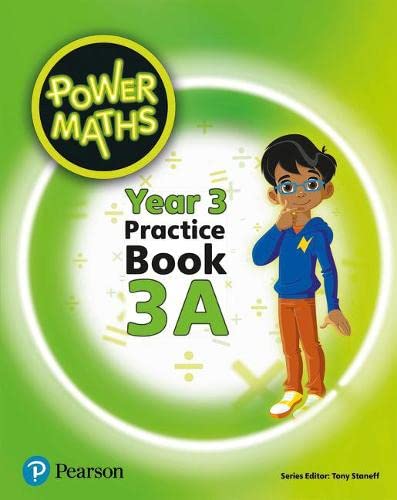 Maths:
Maths:
Throughout the Autumn term, we will cover place value, addition and subtraction and multiplication and division. The children will be able to recognise the place value of each digit in a 3-digit number, compare and order numbers to 1000 and identify, represent and estimate numbers using a range of representations.
In our second unit we will learn how to add and subtract 3 digit numbers and 1s, 10s and 100s and develop an understanding of how to apply and use the formal method to add and subtract 2 3 digit numbers. We will begin this by using practical equipment to represent the numbers and learn how to exchange before we move to the written method.
By the end of this year the children will be expected to be secure in the 3, 4, and 8 times tables which builds on their year 1 and 2 knowledge of the 2, 5 and 10 times tables. Much of our multiplication and division learning in the second half of this term will focus on multiplying and dividing by 3, 4 and 8. Please support your child to learn the times tables at home, Use the TT Rockstars platform to help you.
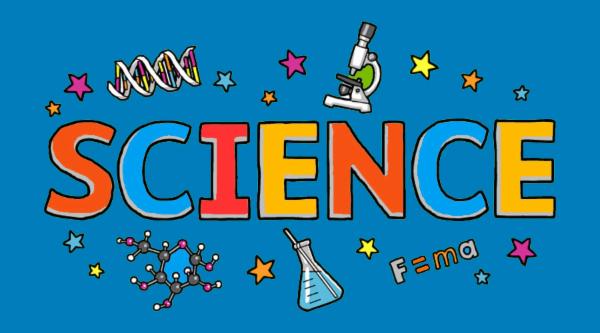 Science: Our first topic is animals including humans. The children will learn about the importance of nutrition and how both animals and humans need skeletons and muscles for movement and protection. Rocks and soils is our second unit where the children will use technical vocabulary to describe their properties as well as investigating the process of fossilisation. We will also research the work of Marie Curie.
Science: Our first topic is animals including humans. The children will learn about the importance of nutrition and how both animals and humans need skeletons and muscles for movement and protection. Rocks and soils is our second unit where the children will use technical vocabulary to describe their properties as well as investigating the process of fossilisation. We will also research the work of Marie Curie.
 Music: This term the children will learn to sing, play a tuned instrument, improvise and perform. We will focus on creating rhythmic patterns and begin to learn the note names minim, crotchet and semibreve.
Music: This term the children will learn to sing, play a tuned instrument, improvise and perform. We will focus on creating rhythmic patterns and begin to learn the note names minim, crotchet and semibreve.

![]() Design and Technology: The children will explore and investigate pulleys and levers with the aim of creating their own Stone Age style catapult. They will design, create and evaluate their product.
Design and Technology: The children will explore and investigate pulleys and levers with the aim of creating their own Stone Age style catapult. They will design, create and evaluate their product.
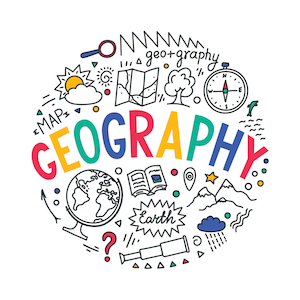 Geography: The children will be locating and studying areas of the UK which are known for being Neolithic settlements. We will consider what the land would have looked like during that period and how it has changed over time. Children will develop their map reading and co-ordinate skills.
Geography: The children will be locating and studying areas of the UK which are known for being Neolithic settlements. We will consider what the land would have looked like during that period and how it has changed over time. Children will develop their map reading and co-ordinate skills.
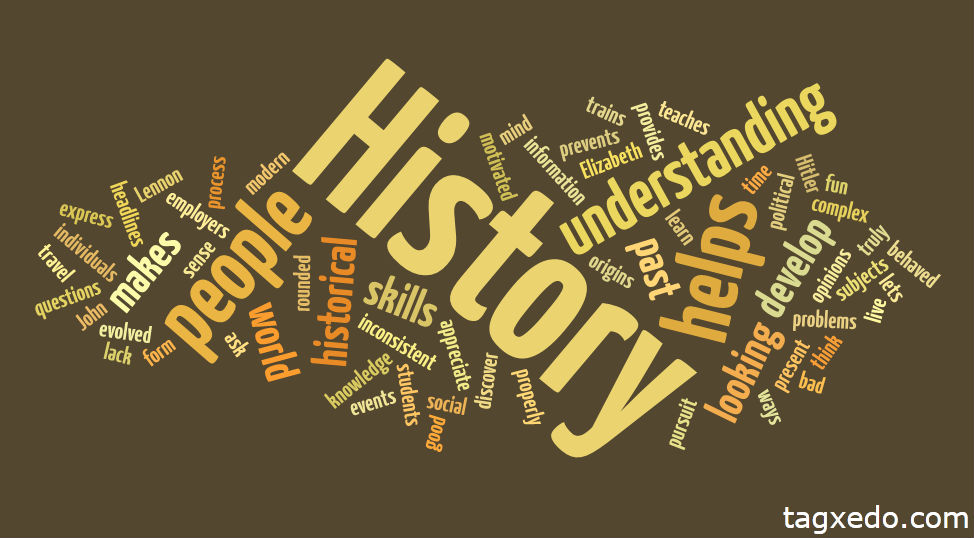 History: This term we will focus on British History from Stone Age to Iron Age. Our studies will cover hunter gatherers and early farmers, Bronze Age religion and travel as well as Iron Hill forts.
History: This term we will focus on British History from Stone Age to Iron Age. Our studies will cover hunter gatherers and early farmers, Bronze Age religion and travel as well as Iron Hill forts.
Computing: This term the children will learn how to safely communicate with others online. They will also learn how to write create and debug a program using Scratch software.
 PSHE: In the first half of the term the children will learn about different types of relationships, about the different ways people care for one another, what to do if they feel unsafe or unhappy in a relationship and the importance of self-respect. The second half of the term focuses on the impact of bullying and how to recognise and model respectful behaviour both in person and online.
PSHE: In the first half of the term the children will learn about different types of relationships, about the different ways people care for one another, what to do if they feel unsafe or unhappy in a relationship and the importance of self-respect. The second half of the term focuses on the impact of bullying and how to recognise and model respectful behaviour both in person and online.
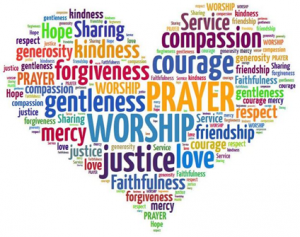 World Religions: The children will learn what they can find in the Bible and be able to identify important lessons; they will also begin to understand that some teachings are not limited to Christianity, but can be found in many different religions.
World Religions: The children will learn what they can find in the Bible and be able to identify important lessons; they will also begin to understand that some teachings are not limited to Christianity, but can be found in many different religions.
 P.E: Invasion games is our first unit this term, where the children will primarily develop their football and netball skills. Dance is our second unit with a focus on creating movement through improvising and rehearsing short sequences. On Fridays pupils will have swimming lessons.
P.E: Invasion games is our first unit this term, where the children will primarily develop their football and netball skills. Dance is our second unit with a focus on creating movement through improvising and rehearsing short sequences. On Fridays pupils will have swimming lessons.
Class 3 – Spring Term
Maths: During Spring term we continue our study of multiplication and division. We work using money in calculations and will explore using tally charts, reading pictograms and bar charts. Measures and perimeter and fractions end the term. To support maths at home please complete 10 minute daily sessions on our TTRockstars app at home. This is vital to practice times tables, speeding the your child’s mental maths skills. Additional tasks will be set on My Maths.
To access – search My Maths.
Login username : Marlfields password : square124
Then login to your child’s learning area with their personal logins.
English: We begin with an adventure story, followed by a unit of work focusing on how to write formal and informal letters. As we move through the term we will focus on the book, ‘When the Giant Stirred’ by Celia Godkin. This will link well to our volcanoes topic. We will also write diaries focusing on Pompeii.
Reading: In school we use ‘Pathways to Reading scheme’ focusing on several texts. We will complete ‘The Ice Palace’, followed by ‘The Iron Man’ by Ted Hughes. These texts will be used to explore a range of reading skills from basic decoding words and vocabulary exploration to inference and prediction.
Spelling: We focus on suffixes, especially ed and ly endings. These will be learnt at home weekly. Please practice spellings at home, each set focuses on a particular rule or pattern. Those pupils who completed spelling home tasks last term made significant progress. Some pupils will be asked to complete individual programmes of spelling using Nessy or our phonic linked programme.
Science: Our first unit of work focuses on forces, with lots of practical investigations. Our second topic explores magnetism.
Our Wider Curriculum:
History/ Geography: Pupils will explore the location of tectonic plate boundaries around the world. They will complete research about countries near to these. We learn about different types of volcanoes and consider why people would live in such dangerous areas such as Pompeii, which we will focus on researching and record findings writing our own diaries.
Art : Our art sessions pupils will research the volcanic artwork of two-three famous artists; Nick Rowland, Margaret Godfrey and Andy Warhol. Pupils will use these pieces as stimuli for their own work.
P.E: PE sessions cover skills needed for ball games such as Tag Rugby. Pupils will learn the importance of teamwork and good attitudes to how to be a team player.
Computing: We will cover two themes ‘Inputs and Outputs’ followed by Email. We will also use digital resources in class to support the wider curriculum.
Music: During lessons we explore a range of different musical genres, including reggae. Pupils will learn to play simple tunes on glockenspiels, working together in preparation for the group music lessons in Year 4.
PSHE: We explore two aspects of living in the wider world; laws, rights and responsibilities and setting goals. We continue our work on My Happy Minds and continue to build our learning skills through our Skills Builder work in all lessons.
French: Having enjoyed our French speaking learning how to do simple greeting and making simple statements in conversation, we continue this term looking at learning how to follow instructions and learning numbers and how to order in a café in France.
World Religions: We explore Islam and then, the topic of Life’s Journey.
Home Tasks: Home tasks will be set on Google classroom and daily tables practice through our TTRockstars app. My Maths home tasks will be used to embed our learning in school. Daily reading with your child is vital. If they are not enjoying a book, they can swap it likewise, if they keep bringing home the same title please encourage a change, letting us know they are doing so.
Class 3 – Summer Term
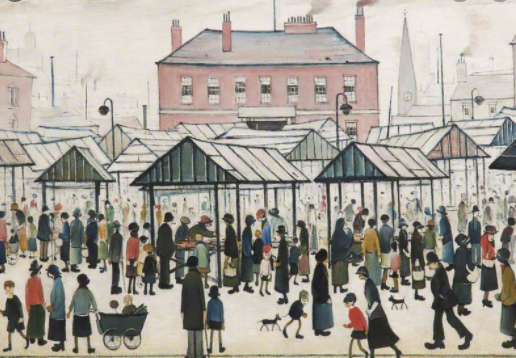
Maths: Our programme of work for maths has been adapted to reflect the findings from the assessments completed before the spring break. We will continually revisit all four operations (addition, subtraction, multiplication and division) during the term paying particular attention to problem solving. We will also cover fractions, mass, capacity, statistics, money and time. Please practice telling the time at home to help your child access their learning in school.
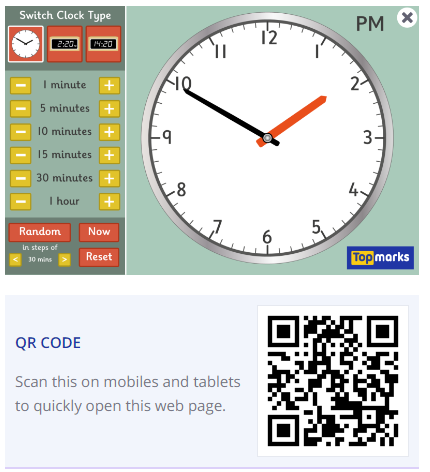
English: Our English lessons will allow pupils to explore some excellent texts from abridged versions of classic texts; Oliver Twist and Mary Poppins to a study of ‘The Dancing Bear’ by Morpurgo. Our non-fiction units will cover arguments and persuasion. Critically, over this term we will be following the ‘plan- write- edit’ process, enabling pupils to develop strong, independent writing skills.

Spelling: Please check ‘Google Classroom’ weekly for our main class focus. Alongside this pupils are also tracking their individual spelling needs and focusing on editing for spellings when writing in class.
Reading: In school we will be using the ‘Pathways to Reading scheme’ focusing on two books – The Morning I Met a Whale by Michael Morpurgo and The Atlas of the UK and Ireland. These texts will be used to explore a range of reading skills from basic decoding words and vocabulary exploration to inference and prediction.
Science: We will be exploring plants.
During our study of plants we will learn about the life cycle, including pollination, seed formation, seed dispersal and germination. We will observe seeds and think about their methods of dispersal .

While studying our final unit of science we will investigate light. Looking at shadows, reflection and prisms.

History/ Geography: Our study of the UK and Manchester will allow pupils to learn about human and physical geography. We will be comparing Congleton with Manchester. We will study the period of time from mid Victorian- Edwardian eras exploring the impact of industrialisation on our towns and cities. We will also look at some of the famous historical figures who have statues in the city; including musician Chopin, Emmeline Pankhurst and Ghandi.
Art and DT: We will work on a range of skills during this unit; firstly experimenting with colour mixing and different medium to replicate Lowry’s work. We will also continue to focus on our sketching skills, drawing famous landmarks in the city. We will also be creating a 3D scaled model of Manchester.
P.E: We will be doing some PE each day. We will cover athletics, tennis, dance and fitness.
Music: We will be spending time listening to and appraising pieces of music from Chopin to Oasis during our study of Manchester music. We will also use scratch to compose pieces with an industrial theme. We will also follow our music scheme Charanga.
PSHCE: During PSHCE lessons we will be following our My Happy Minds scheme and exploring how we relate and engage with others.
World Religions : We will be exploring how religions shape identity and key celebrations with the Jewish community .
Homework: Each week there will be work set on ‘Google Classrooms’ and ‘TT Rockstars’ for your child to complete. We will be reviewing homework with pupils on Monday mornings.

